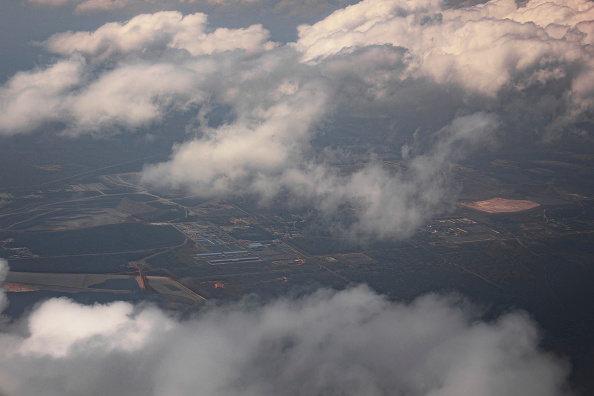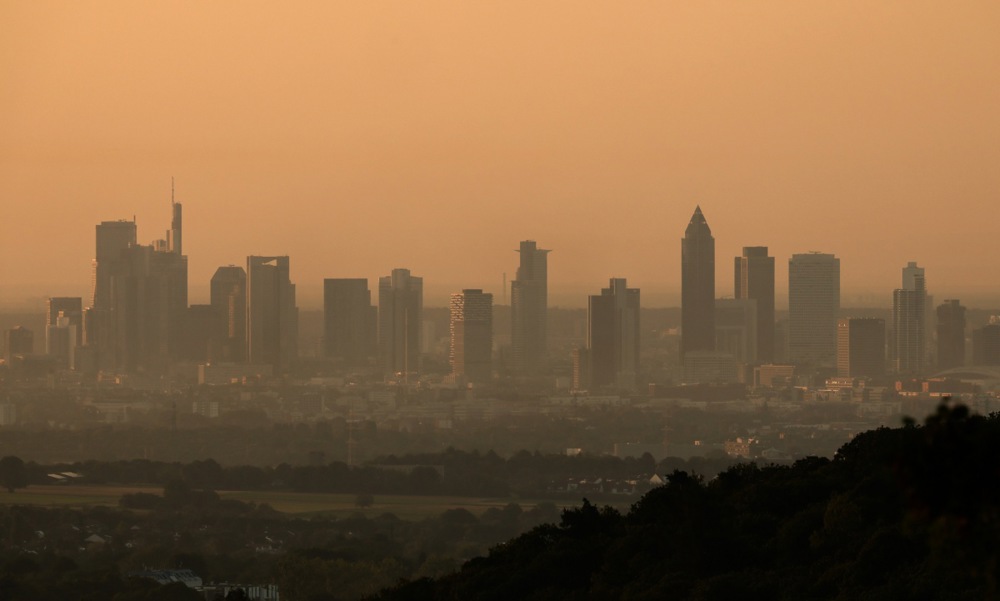China says it wanted to confront the problem of its factories producing far more than the domestic market can absorb.
Foreign governments have long warned about the issue, which pushes excess goods abroad and undercuts competitors.
China’s industry ministry said on August 19 it had met solar companies for the second time in two months, urging them to strengthen regulations, curb overcapacity and reduce what it called disorderly low-price competition.
Beijing told firms to prepare for ending outdated production capacity after heavy job losses and mounting financial losses in the sector.
“Thirty per cent of Chinese corporates in ‘green’ tech are ‘zombies’,” Alicia García Herrero, senior researcher at the Brussels-based Bruegel institute, told Brussels Signal on August 20.
She said Beijing believed consolidation was the only solution but warned that excessive competition could continue even with fewer companies.
President of the European Commission Ursula von der Leyen raised the issue directly with Chinese leaders at the European Union-China summit in Beijing on July 24.
She said: “The issue of overcapacity in China’s economy, in crucial sectors like steel, solar panels, electric vehicles, and batteries. The subsidised production does not match the local demand in China. Therefore, overcapacity produced here go to other markets. The more other markets restrict access to Chinese exports, the greater the risk of trade diversion and pressure on our market. This puts our own industrial competitiveness at risk, at a time when we are making significant investments in the clean energy transition. The Chinese leadership has started to look into this issue under the term involution [a race for output at the expense of profits] and expressed willingness to support more the consumption and less the production part”.
“This is important. We need to see progress on this issue. Because without, it would be difficult for the EU to maintain its current level of openness.”, von der Leyen concluded.
Keeping the official European vision in mind, an EC spokesperson also told Brussels Signal on August 20 that the EC “welcomes any progress on the issue of overcapacity”.
Bloomberg reported the same day that Beijing was preparing a sweeping overhaul of the petrochemicals and oil refining sectors.
Plants more than 20 years old would be forced to retrofit or shut, while smaller refineries could be closed entirely as the government seeks to cap total capacity.
Companies are being pushed away from transport fuels, where electric vehicles are cutting demand, and into advanced chemicals used in semiconductors, robotics and renewable energy.
The same pressure is building for producers of ethylene, a key material for plastics and textiles. Permits for new plants could be curbed from 2026 as part of China’s next Five-Year Plan.
The mining industry said copper smelters, another sector seen as strategic for clean energy, were also facing pressure to cut capacity. Operators have been struggling to stay profitable, showing how the situation has spread beyond heavy industries into materials central to the energy transition.
A study by the Bruegel Institute showed how innovation and State support has made the problem worse. Subsidies and rapid investment encouraged firms to expand quickly in new technologies, producing more than the market could absorb.
The result is what Chinese officials called “involution”.
Even if weaker firms disappeared, the study said, competition would remain fierce because the biggest producers dominated global markets and could keep exporting at low prices.
It also warned that the problem was not limited to China: Capacity use in the US and EU has slipped below 80 per cent, a sign that overcapacity is now a drag on global growth.
Herrero said Beijing was acting in sectors where it held the largest global share but added that would not cut China’s trade surplus.
“Increasing prices will not necessarily reduce China’s market share but so do not expect these measures to reduce China’s trade surplus. On the contrary, it might increase if prices increase,” she said.
The Politburo, Chinese Communist Party’s top decision-making body, in late July linked the clampdown to a wider campaign against deflation, Reuters reported on August 19, underlining the political weight of the issue.
In the solar sector, major producers of solar panels components have proposed buying up and closing a third of industry capacity but analysts have said local governments and smaller firms made such consolidation a difficult prospect.





